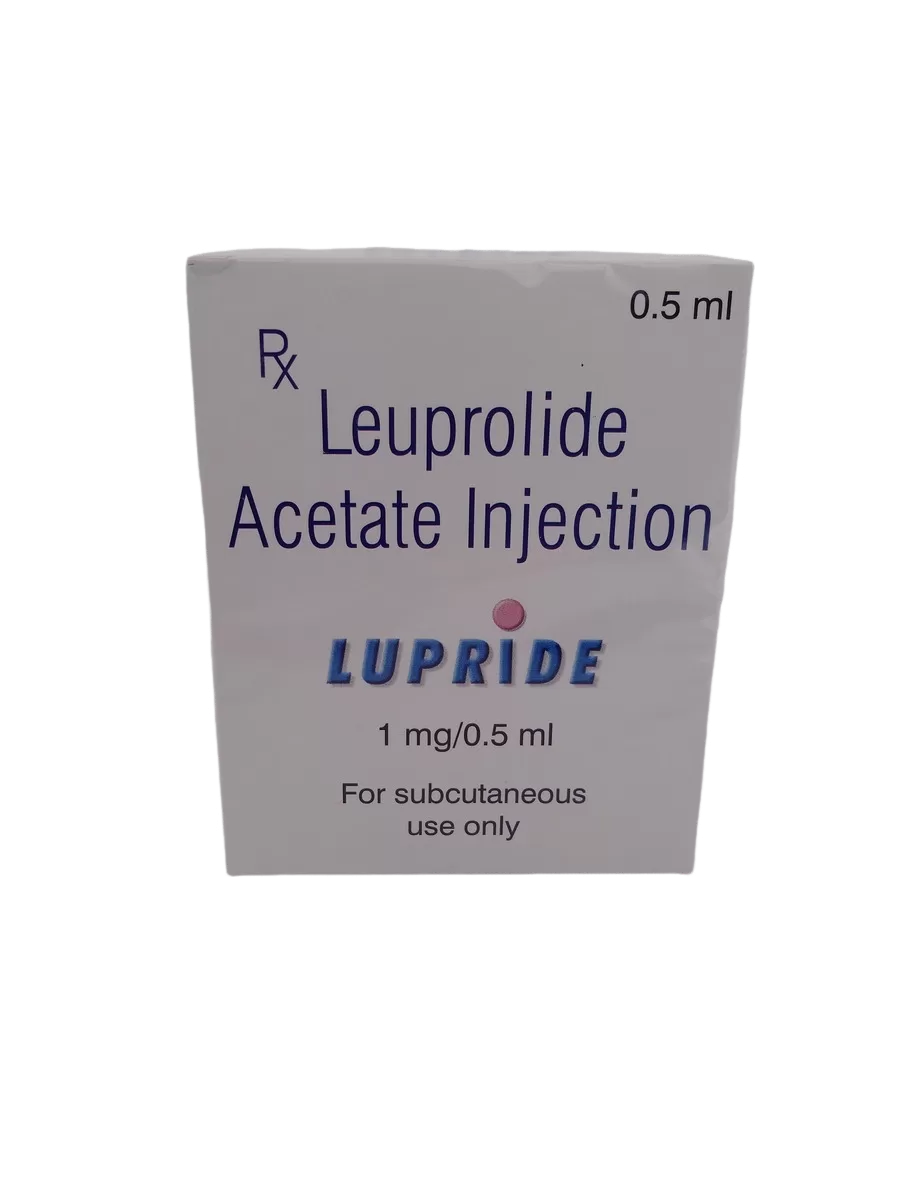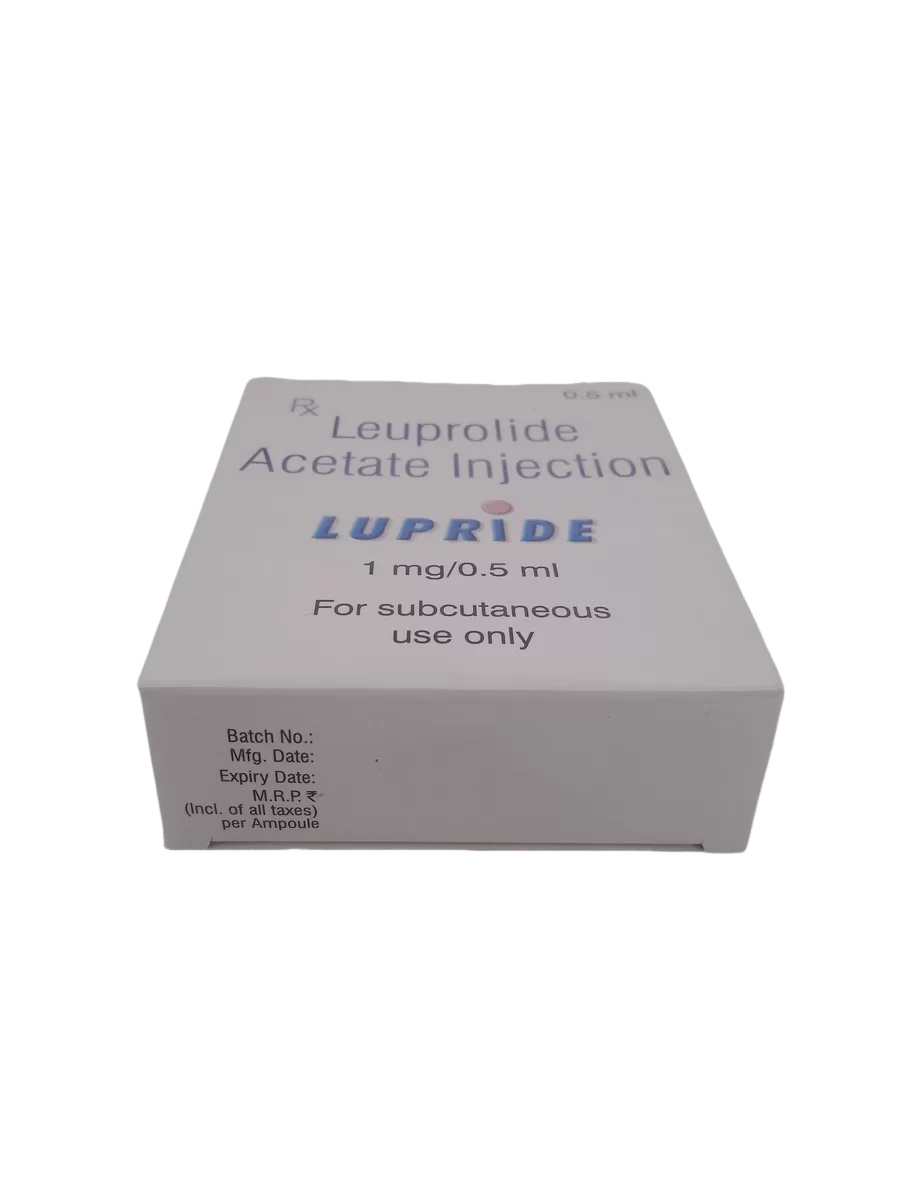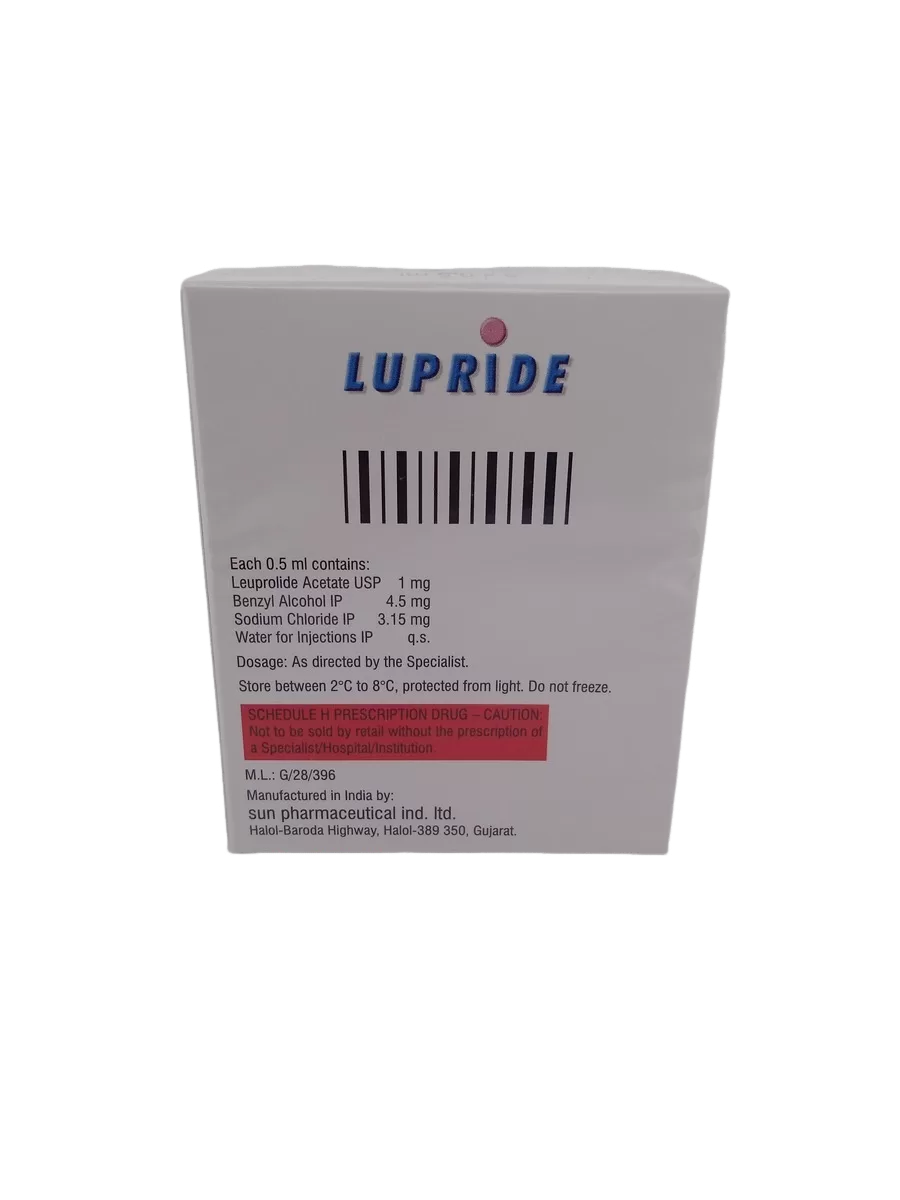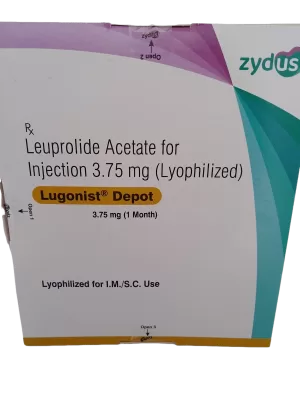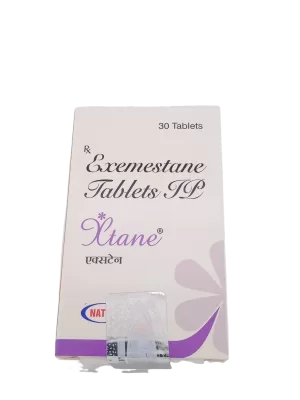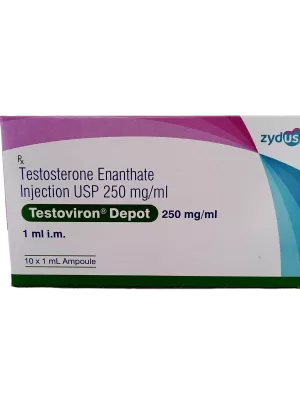LUPRIDE 1MG/0.5ML – 1 PACK: Comprehensive Guide and Benefits
Introduction to LUPRIDE 1MG/0.5ML – 1 PACK
Lupride 1mg Injection (1mg/0.5ml) – A Hormone Treatment for Prostate Cancer, Endometriosis, Uterine Fibroids, and Premature Puberty
Lupride 1mg (1mg/0.5ml) is a hormone-based injectable medication used to effectively treat prostate cancer, endometriosis, uterine fibroids, and premature puberty. By regulating hormone production, Lupride injection helps alleviate symptoms associated with these conditions, promoting better health outcomes.. This product is carefully formulated to provide effective results while ensuring safety and ease of use.
Key Benefits of LUPRIDE 1MG/0.5ML – 1 PACK
Effective Action – Works efficiently to deliver intended results.
High-Quality Ingredients – Formulated with trusted components for maximum effectiveness.
Safe Usage – Designed for optimal use with minimal side effects.
How LUPRIDE 1MG/0.5ML – 1 PACK Works
The active ingredients in LUPRIDE 1MG/0.5ML – 1 PACK work by targeting key mechanisms in the body to provide the desired benefits. It is widely recommended for its efficacy and safety.
Usage Instructions for LUPRIDE 1MG/0.5ML – 1 PACK
Dosage – Follow the prescribed dosage or as directed by a healthcare professional.
Administration – Best taken at the recommended time to maximize effectiveness.
Precautions – Avoid exceeding the recommended dose and consult a doctor if necessary.
Medicinal Advantages of LUPRIDE 1MG/0.5ML – 1 PACK
Reliable Results – Proven to deliver desired outcomes.
Supports Health – Helps improve well-being with consistent use.
Minimal Side Effects – Designed to reduce adverse reactions.
Off-Label Uses of LUPRIDE 1MG/0.5ML – 1 PACK
While primarily used for its main purpose, some users have reported additional benefits in related health areas. Consult a healthcare provider for more information.
Expert Advice for Optimal Use
Consultation – Always check with a doctor before use, especially if you have existing health conditions.
Safe Storage – Keep in a cool, dry place away from children.
Avoid Misuse – Use only as directed to prevent complications.
Storage Instructions
Temperature – Store at room temperature, away from heat and moisture.
Safety Precautions – Keep out of reach of children and pets.
Frequently Asked Questions (FAQs)
Q: How soon does LUPRIDE 1MG/0.5ML – 1 PACK take effect?
A: The effects vary but are generally noticeable within a reasonable timeframe.
Q: Can I use LUPRIDE 1MG/0.5ML – 1 PACK daily?
A: Usage frequency should be based on professional medical advice.
Q: Is LUPRIDE 1MG/0.5ML – 1 PACK safe for pregnant or breastfeeding women?
A: Consultation with a healthcare provider is recommended before use.
Q: Are there any side effects?
A: Most users experience minimal or no side effects when taken as directed.

